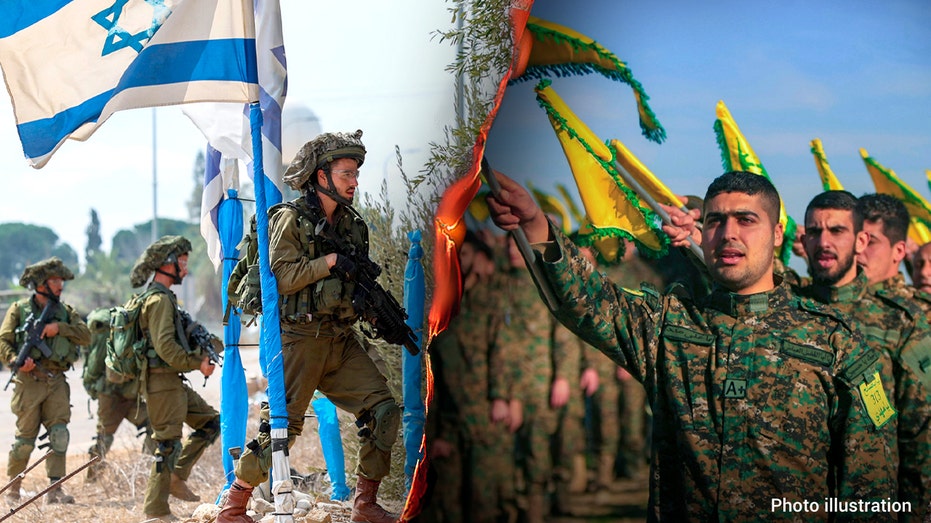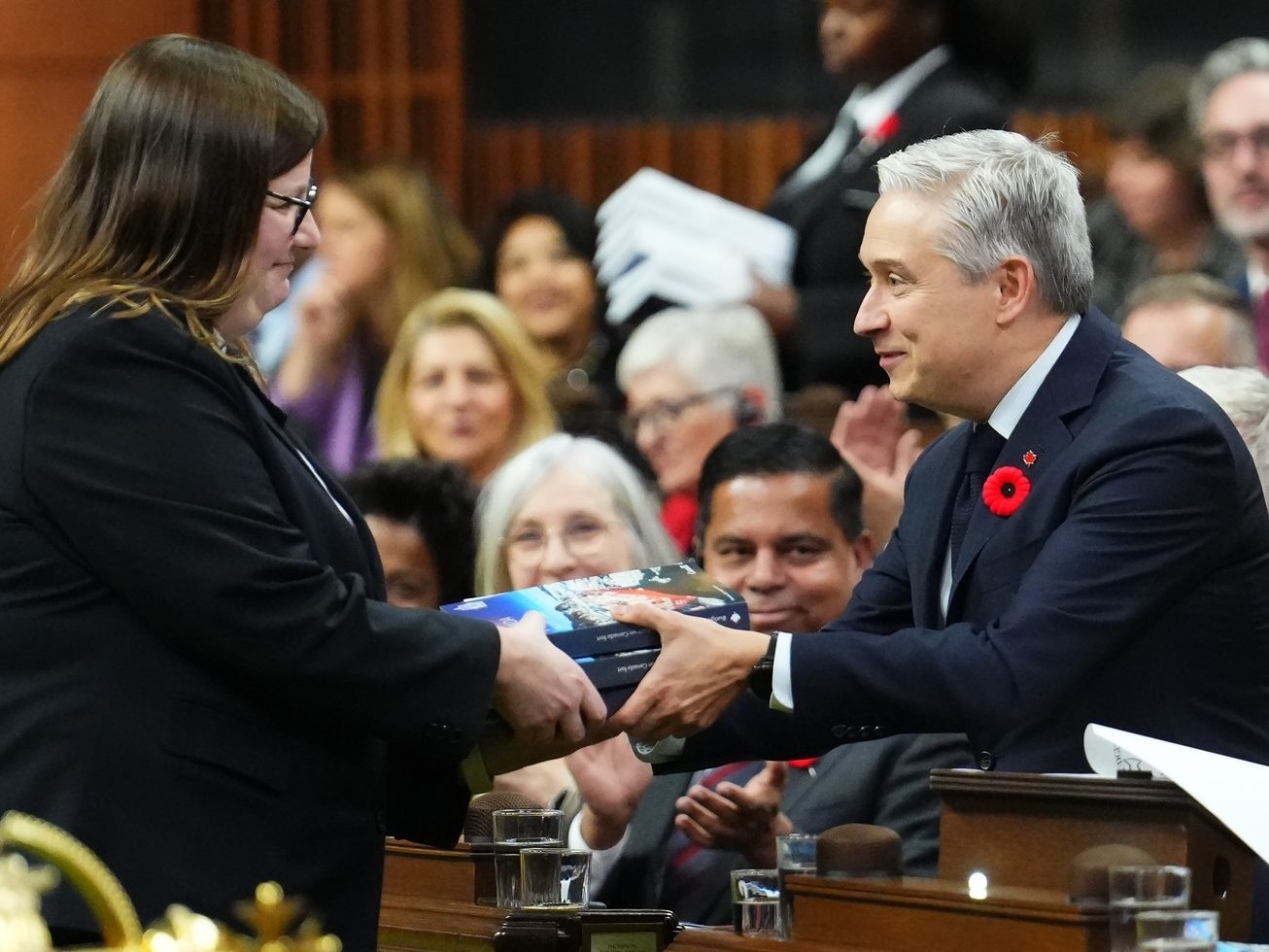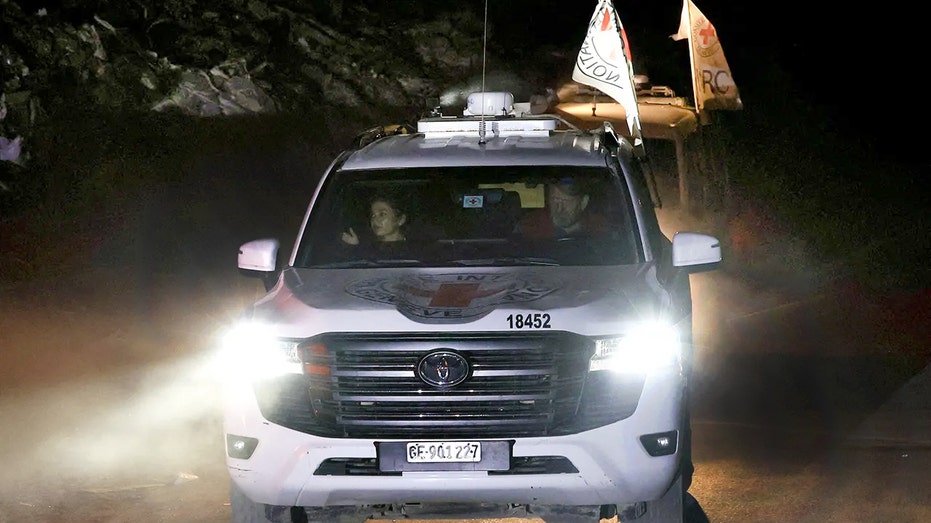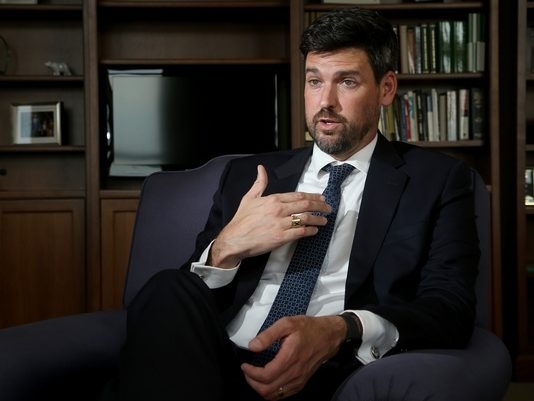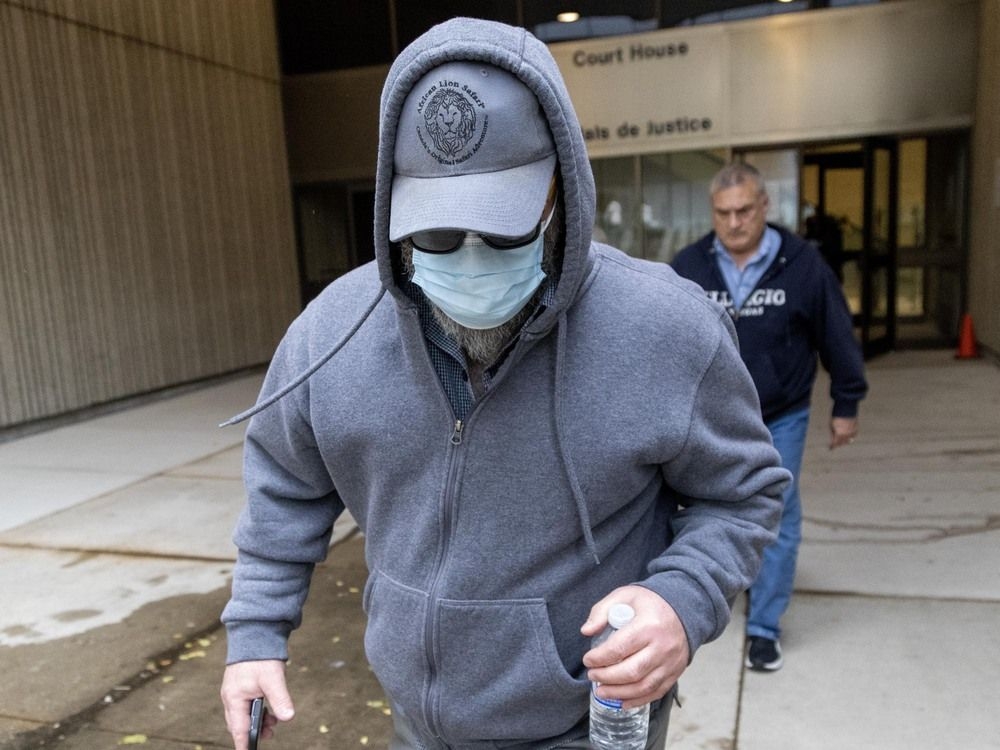A chilling warning has echoed from Israel’s defense minister to Beirut, as tensions escalate along the northern border. The message is stark: Hezbollah’s actions are dangerously provocative, and Lebanon’s response has been woefully inadequate to enforce the existing ceasefire.
Intelligence reveals a disturbing reality – Hezbollah is not disarming. Despite the agreed-upon terms, the Iran-backed group remains fully equipped, actively training, and consistently funded by Tehran. Efforts to re-establish fortified positions are ongoing, prompting Israel to consider a broader, more decisive response.
Recent targeted strikes confirm Israel’s shifting strategy. Two Hezbollah commanders, including a senior member of the elite Radwan Force, were eliminated in southern Lebanon, actions directly linked to violations of established understandings. This isn’t simply retaliation; it’s a demonstration of a new, proactive security doctrine.
A senior IDF officer, speaking candidly from the northern border, emphasized a fundamental change in approach. The days of passively waiting for attacks are over. Israel is now focused on preemptively neutralizing threats, ensuring the safety of its citizens, and solidifying hard-won gains.
The lessons of October 7th are deeply ingrained. A failure to act decisively in the past will not be repeated. Israel is actively fortifying its defenses, conducting large-scale exercises – encompassing land, sea, and air – and refining its rapid-response capabilities.
Intelligence assessments paint a grim picture of Hezbollah’s resurgence. Despite disruptions, the group is actively rebuilding its arsenal, leveraging supply chains through Syria and Iraq with continued Iranian support. This rebuilding is happening at an alarming pace.
Frustration extends beyond Israel’s borders. Concerns over Lebanon’s inability to control Hezbollah are widespread, with some observers describing the nation as a “failed state” crippled by a paralyzed government. The disparity in resources is stark – Hezbollah fighters are reportedly paid more than Lebanese soldiers.
Lebanon, however, calls for a diplomatic solution, urging international pressure on Israel to cease its attacks. While acknowledging the need to bring all weapons under state control, officials emphasize a gradual approach, hoping to de-escalate the situation through negotiation.
The United Nations Interim Force in Lebanon (UNIFIL) has expressed deep concern, urging all parties to uphold the cessation of hostilities and stressing the importance of extending state authority – a core tenet of Resolution 1701. But words alone may not be enough.
Israeli commanders remain resolute. They are prepared to act, and will not allow Hezbollah to re-establish a credible threat. The current calm, they insist, is entirely dependent on Hezbollah’s choices, not on any hesitation to defend Israeli sovereignty.
